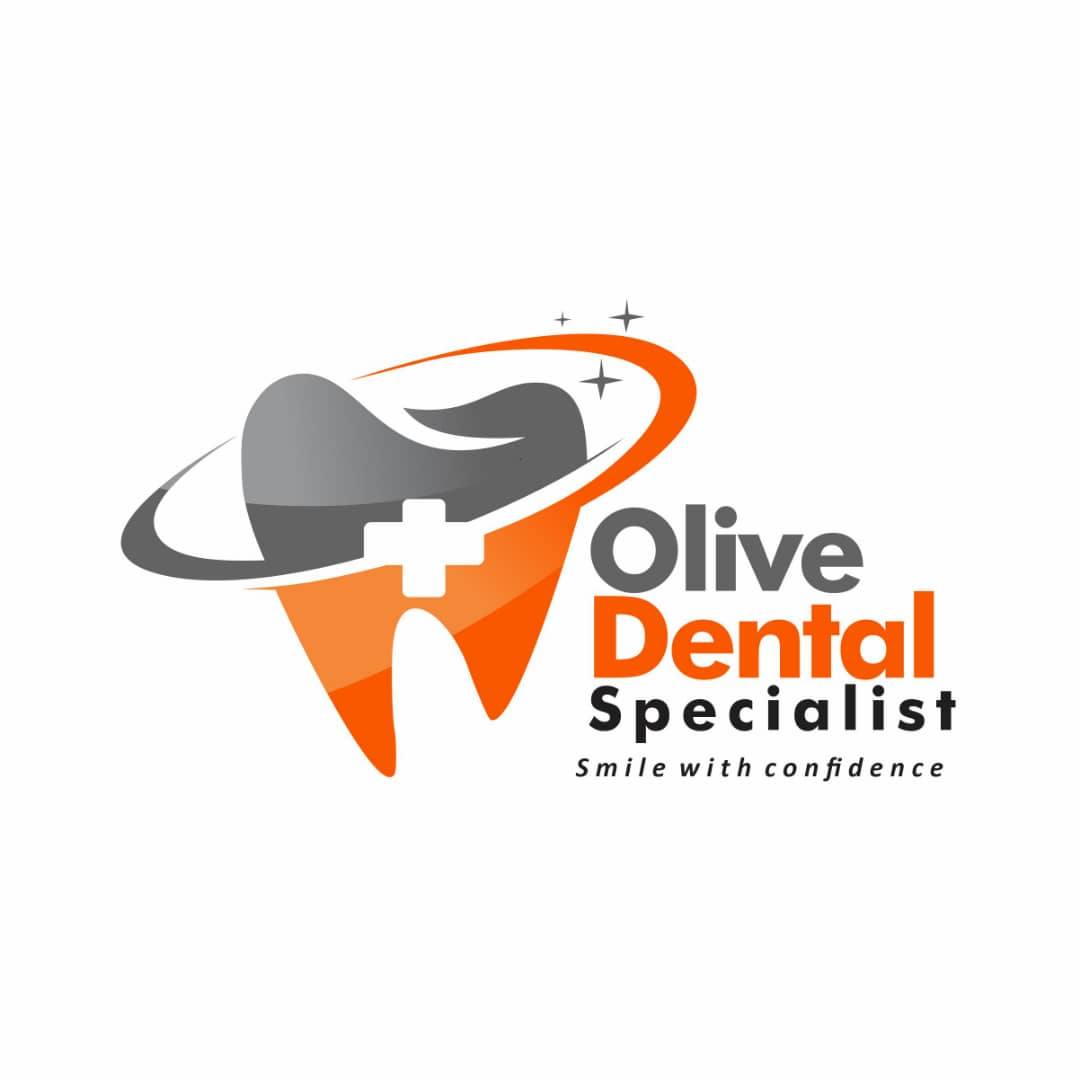When it comes to health, genetics play a significant role in determining susceptibility to various conditions, from heart disease to cancer. But what about dental health? Many people assume that cavities, gum disease, and other oral health problems are primarily caused by poor hygiene or diet. While lifestyle factors undoubtedly influence dental health, research has shown that genetics can also contribute to the risk of developing certain oral conditions.
Understanding the genetic factors involved in dental health can help individuals take proactive steps to prevent dental issues. Although there are no genetic tests currently available to predict susceptibility to cavities or gum disease, maintaining excellent oral hygiene remains the most effective way to mitigate potential risks.
How Genetics Influence Dental Health
A large-scale study involving over 500,000 participants provided significant evidence that genetics influence oral health. Researchers identified 47 regions in the human genome that are linked to tooth decay, some of which were previously known while others were newly discovered. These findings confirm that some individuals may be genetically predisposed to dental conditions, regardless of their oral care habits.
Several genetic factors can affect oral health, including:
1. Tooth Enamel Strength
Tooth enamel serves as the protective outer layer of the teeth. Some people inherit naturally strong enamel, while others may have thinner or weaker enamel, making them more susceptible to cavities and tooth decay. Enamel hypoplasia, a condition where enamel does not develop properly, can be influenced by genetic factors, increasing the risk of sensitivity and decay.
2. Saliva Production and Composition
Saliva plays a crucial role in maintaining oral health by washing away food particles, neutralizing acids, and preventing bacterial growth. Genetic variations can affect saliva production and its ability to protect against cavities. Individuals with reduced saliva flow may be at a higher risk for dry mouth, which can lead to increased plaque buildup and a greater likelihood of tooth decay.
3. Oral Bacteria and Microbiome
The composition of bacteria in the mouth, known as the oral microbiome, can vary from person to person based on genetic factors. Some individuals naturally harbor bacteria that are more prone to producing acids that cause cavities, while others may have bacteria that contribute to better oral health. Although oral hygiene plays a key role in managing bacteria, genetic predisposition can still impact susceptibility to dental diseases.
4. Gum Disease and Immune Response
Periodontal disease, or gum disease, occurs when bacteria cause inflammation and infection in the gums. Genetics can influence an individual’s immune response to these bacteria. Some people have a heightened inflammatory response, making them more likely to develop severe gum disease, even if they practice good oral hygiene.
5. Tooth Alignment and Jaw Structure
The size and shape of the jaw, as well as tooth alignment, are largely determined by genetics. Crowded, crooked, or misaligned teeth can create areas that are difficult to clean, increasing the risk of plaque buildup and cavities. Additionally, a genetic predisposition to conditions such as overbites, underbites, or temporomandibular joint (TMJ) disorders can also impact overall dental health.
6. Developmental Dental Conditions
Some rare genetic conditions can directly affect dental development, including:
- Amelogenesis Imperfecta – A condition in which tooth enamel is either missing or defective, leading to weak and discolored teeth.
- Dentinogenesis Imperfecta – A disorder that affects the structure of dentin, the layer beneath the enamel, causing teeth to be weak and prone to breakage.
- Hypodontia – A condition where certain teeth fail to develop, which can impact bite alignment and oral function.
How to Protect Your Oral Health Despite Genetic Risks
While genetics may play a role in dental health, it does not mean that individuals with a genetic predisposition to cavities or gum disease are destined to have poor oral health. There are several proactive steps that can be taken to minimize risks and maintain a healthy smile.
1. Maintain Excellent Oral Hygiene
Brushing twice a day with fluoride toothpaste and flossing daily is essential for everyone, but especially for individuals who may have a genetic susceptibility to cavities or gum disease. Proper oral hygiene helps remove plaque, prevent bacterial growth, and protect the teeth and gums.
2. Use Fluoride and Dental Sealants
Fluoride strengthens tooth enamel and reduces the risk of cavities. People with weak enamel should use fluoride toothpaste and consider professional fluoride treatments. Dental sealants, which are protective coatings applied to the chewing surfaces of molars, can also help prevent cavities in individuals who are more prone to decay.
3. Stay Hydrated and Support Saliva Production
For those genetically predisposed to dry mouth, staying hydrated is crucial. Drinking plenty of water, chewing sugar-free gum, and avoiding alcohol and caffeine can help stimulate saliva flow and protect against bacterial growth.
4. Eat a Balanced Diet
A diet rich in vitamins and minerals supports overall dental health. Foods high in calcium, such as dairy products, leafy greens, and nuts, strengthen enamel. Crunchy fruits and vegetables, like apples and carrots, naturally help clean teeth and stimulate gum health.
5. Schedule Regular Dental Check-Ups
Routine dental visits are essential for detecting and addressing issues early. Dentists can provide professional cleanings, apply fluoride treatments, and monitor for signs of cavities, gum disease, and other concerns. For individuals with a genetic predisposition to dental problems, more frequent check-ups may be beneficial.
6. Address Misaligned Teeth Early
If genetics have led to crowded or misaligned teeth, orthodontic treatment such as braces or clear aligners can help correct the issue. Straightening teeth not only enhances appearance but also improves oral hygiene by making it easier to clean between teeth.
7. Avoid Smoking and Excessive Sugar Intake
Smoking weakens the immune system and contributes to gum disease, while excessive sugar consumption feeds harmful bacteria that cause cavities. Reducing these risk factors can significantly improve dental health, regardless of genetic predisposition.
8. Manage Underlying Health Conditions
Since oral health is closely linked to overall health, managing conditions like diabetes, which can increase the risk of gum disease, is crucial. Regular medical and dental check-ups can help ensure that both general and oral health are well maintained.
Final Thoughts
While genetics can influence many aspects of dental health, they do not determine one’s oral health destiny. By adopting a proactive approach—practicing good oral hygiene, eating a healthy diet, and visiting the dentist regularly—it is possible to maintain strong, healthy teeth and gums.
At Olive Dental Clinic, we are dedicated to providing comprehensive dental solutions that enhance both oral health and confidence. Whether you are genetically predisposed to cavities, gum disease, or other dental issues, we offer personalized care to help you achieve and maintain a beautiful, healthy smile.
Don’t let genetics dictate your dental health—take control today. Schedule an appointment with us and invest in your smile for a lifetime of oral wellness.



